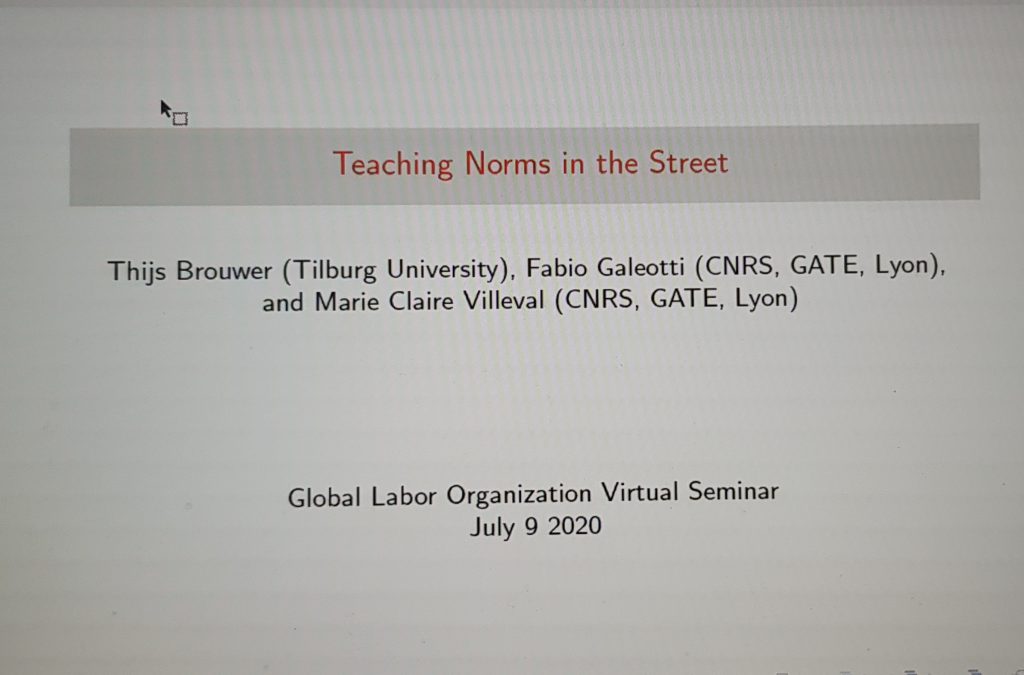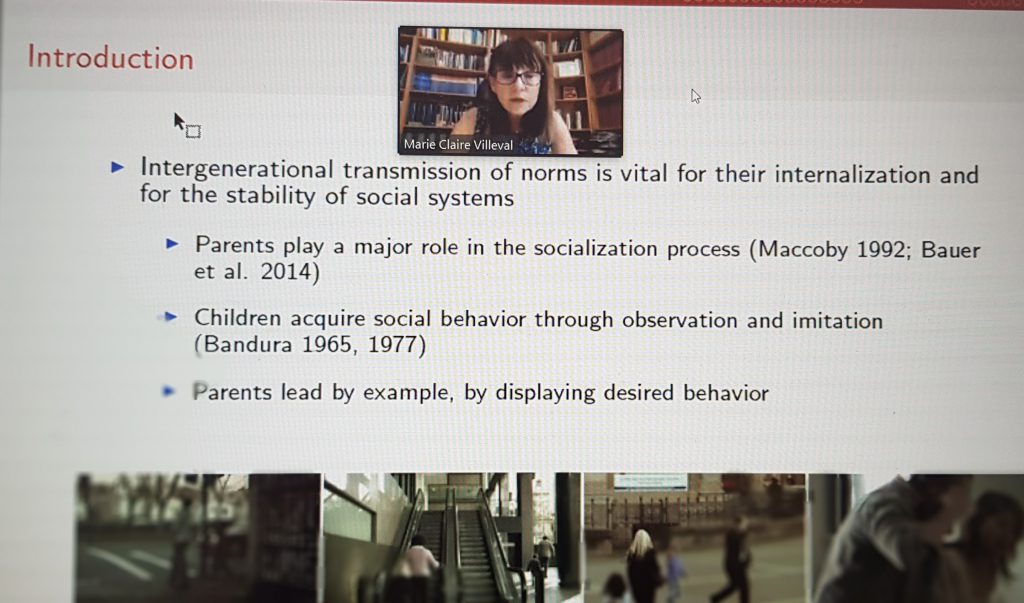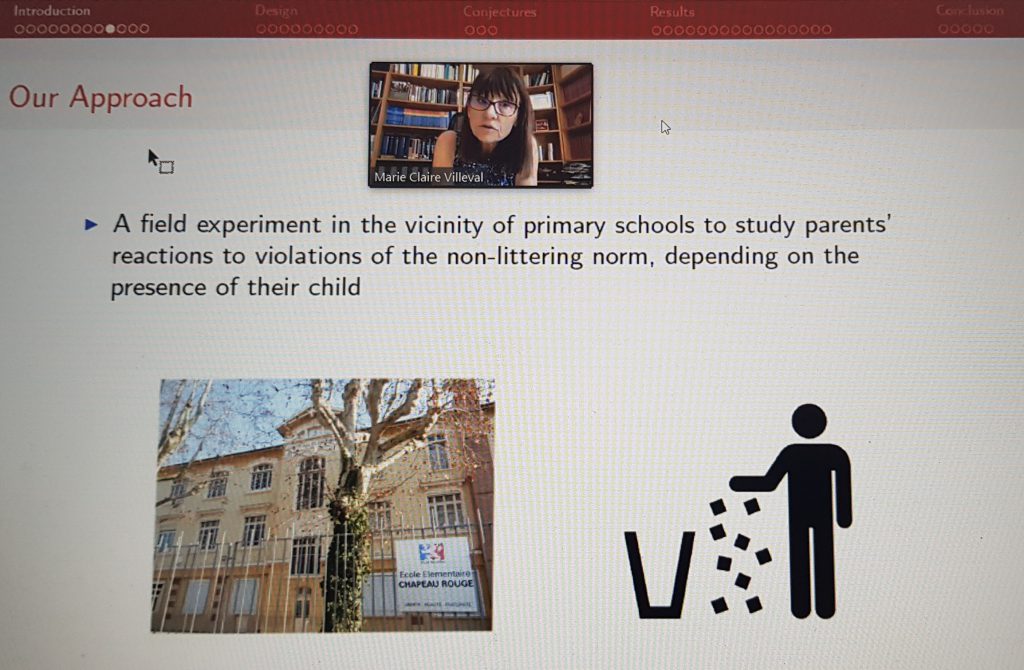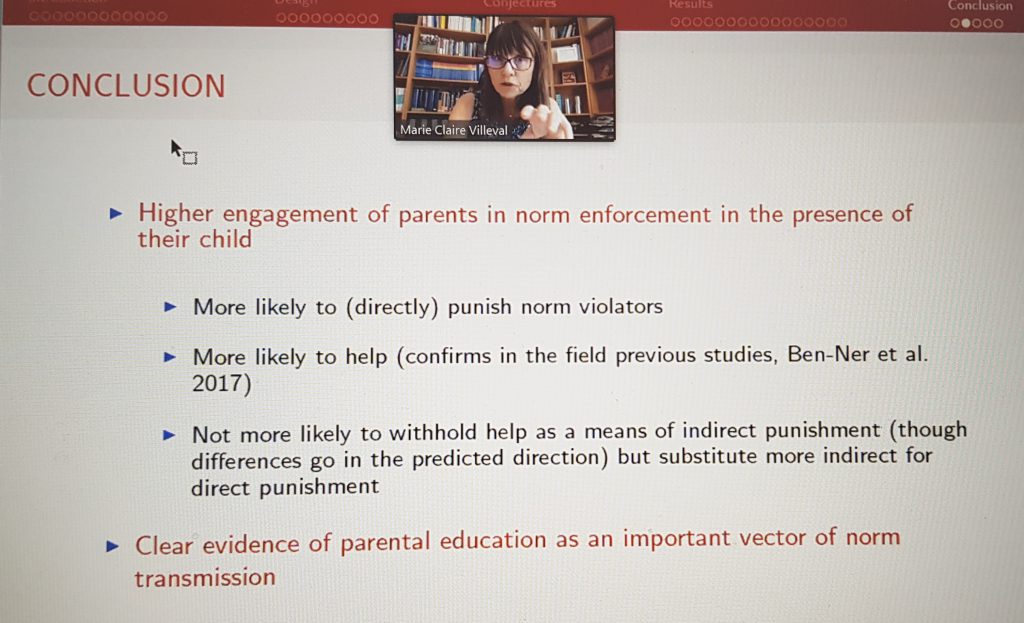A new GLO Discussion Paper using large-scale firm data for Denmark finds that government aid was effective in preserving job matches at the start of the Covid-19 pandemic.
The Global Labor Organization (GLO) is an independent, non-partisan and non-governmental organization that functions as an international network and virtual platform to stimulate global research, debate and collaboration.
GLO Discussion Paper No. 588, 2020
Preserving job matches during the COVID-19 pandemic: firm-level evidence on the role of government aid – Download PDF
by Bennedsen, Morten & Larsen, Birthe & Schmutte, Ian & Scur, Daniela
GLO Fellow Ian Schmutte

Author Abstract: We analyze the impact of the COVID-19 pandemic and government policies on firms’ aid takeup, layoff and furlough decisions. We collect new survey data for 10,642 small, medium and large Danish firms, and match to government records of all aid-supported furloughed workers during the pandemic as well as administrative accounting data. This is the first representative sample of firms reporting the pandemic’s impact on their revenue and labor choices, showing a steep decline in revenue and a strong reported effect of labor aid take-up on lower job separations. Relative to a normal year, 30 percent more firms have experienced revenue declines. Comparing firms’ actual layoff and furlough decisions to their reported counterfactual decisions in the absence of aid, we estimate 81,000 fewer workers were laid off and 285,000 workers were furloughed. Our results suggest the aid policy was effective in preserving job matches at the start of the pandemic.
More from the GLO Coronavirus Cluster
GLO Discussion Papers are research and policy papers of the GLO Network which are widely circulated to encourage discussion. Provided in cooperation with EconStor, a service of the ZBW – Leibniz Information Centre for Economics, GLO Discussion Papers are among others listed in RePEc (see IDEAS, EconPapers). Complete list of all GLO DPs – downloadable for free.

Ends;

















